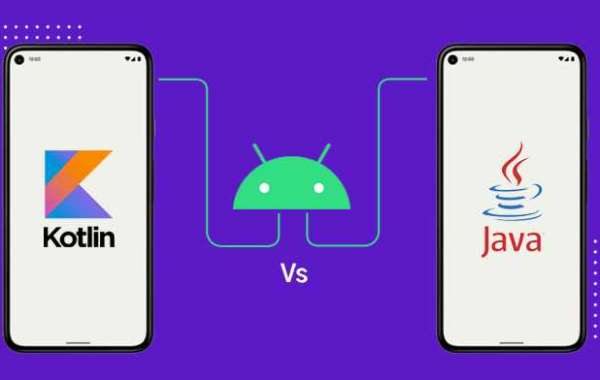
Kotlin vs. Java – What to Choose in 2022 to Build Android Apps Faster?
Indeed, developing Android apps helps you engage with your target audience better and gives your business the needed agility to create a niche in today’s competitive market. But picking up the right programming language to support this agility is not an easy task.
Most businesses were considering Java as their go-to language for all their app development needs, but the arrival of Kotlin has changed their approach drastically. While Java makes your code super expensive, Kotlin for Android developers proves to be a great platform to overcome development issues.
So, how to choose the appropriate option that satisfies your unique business requirements? Today we will discuss the same in detail and resolve your queries related to Kotlin vs. Java queries. So, let’s get started.
What is Java?
Java is the most popular developer platform in the world right now. It is used to power over 13 billion devices worldwide and shows no sign of decline in popularity. This programming language is used to create a variety of applications such as websites and computer games.
Java for developers proves highly convenient. It supports cross-platform operability and functions on the Write Once Run Anywhere (WORA) theory. Apart from creating websites and games, Java also works with big data, such as programs for scientific purposes. Famous mobile applications like Netflix, Uber, Spotify, Amazon, etc., are developed using Java. You can refer to our other blog on Java for further details like features, Java development tools, etc.
Now that we have covered some of the most popular apps to use Java, let’s understand the pros and cons of this language.
Pros
1 Easy to Use
One of the most praised features of Java is that it is one of the simplest languages to use and is less complicated than C++. You can quickly learn how to read, write and maintain the code in Java. The complex concepts of this language, such as storage classes, explicit pointers, and operator overloading, are being removed from Java. This is one of the main reasons why it is simpler than the other languages.
2 Efficient Memory Allocation
Memory is divided into two parts, namely, stack and heap. Whenever a variable is declared in a Java program, it is assigned to the stack or heap memory sections. Java Virtual Machine (JVM) helps allocate the memory and retrieve it very conveniently by automatic allocation.
3 Supports Multithreading
Being multithreaded, it can execute several tasks simultaneously. A thread is the smallest unit of a process. So, multithreading allows us to use the CPU to the maximum. The individual threads run independently without affecting one another.
4 Object-oriented Programming (OOP)
It helps you write and compile reusable code and is platform-independent. Using this method, You can organize the bigger modules into smaller ones that are easier to understand.
5 Secure Language
By eliminating the use of explicit pointers, Java improves security. This is because a pointer leads to another variable, which can cause unauthorized access. A set of security rules in each class allows your developers to define all the class access rules clearly.
Read more on kotlin-vs-java




